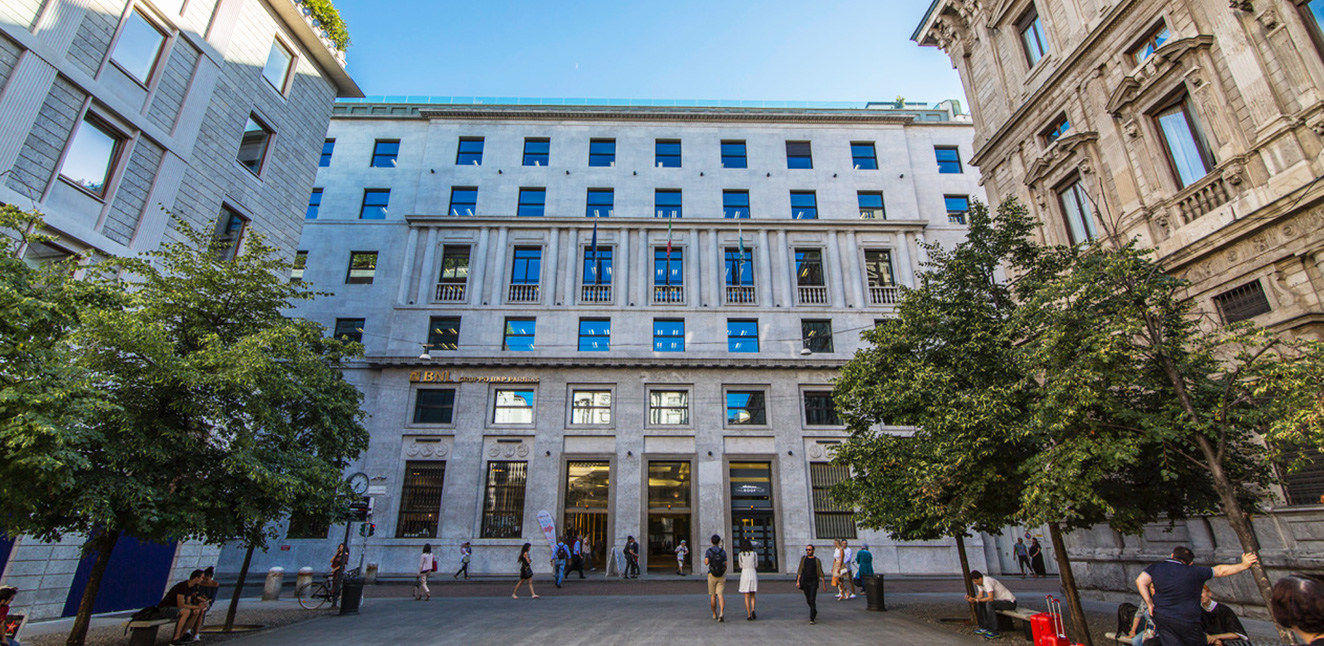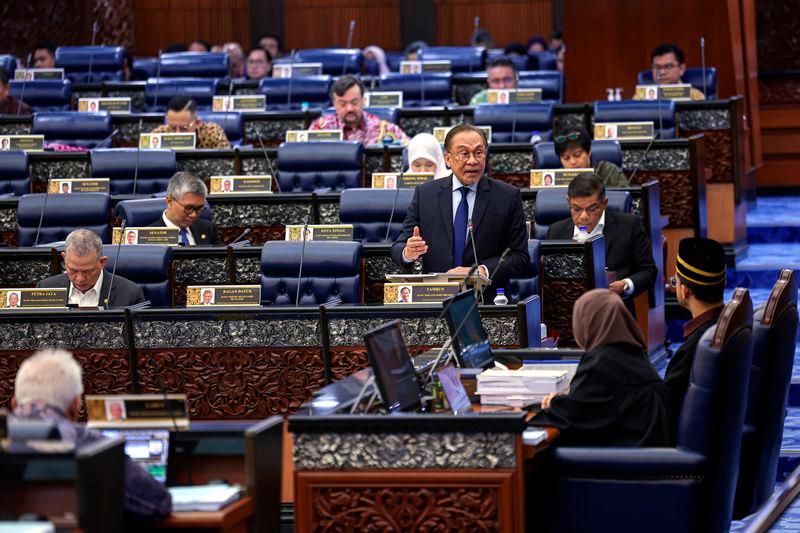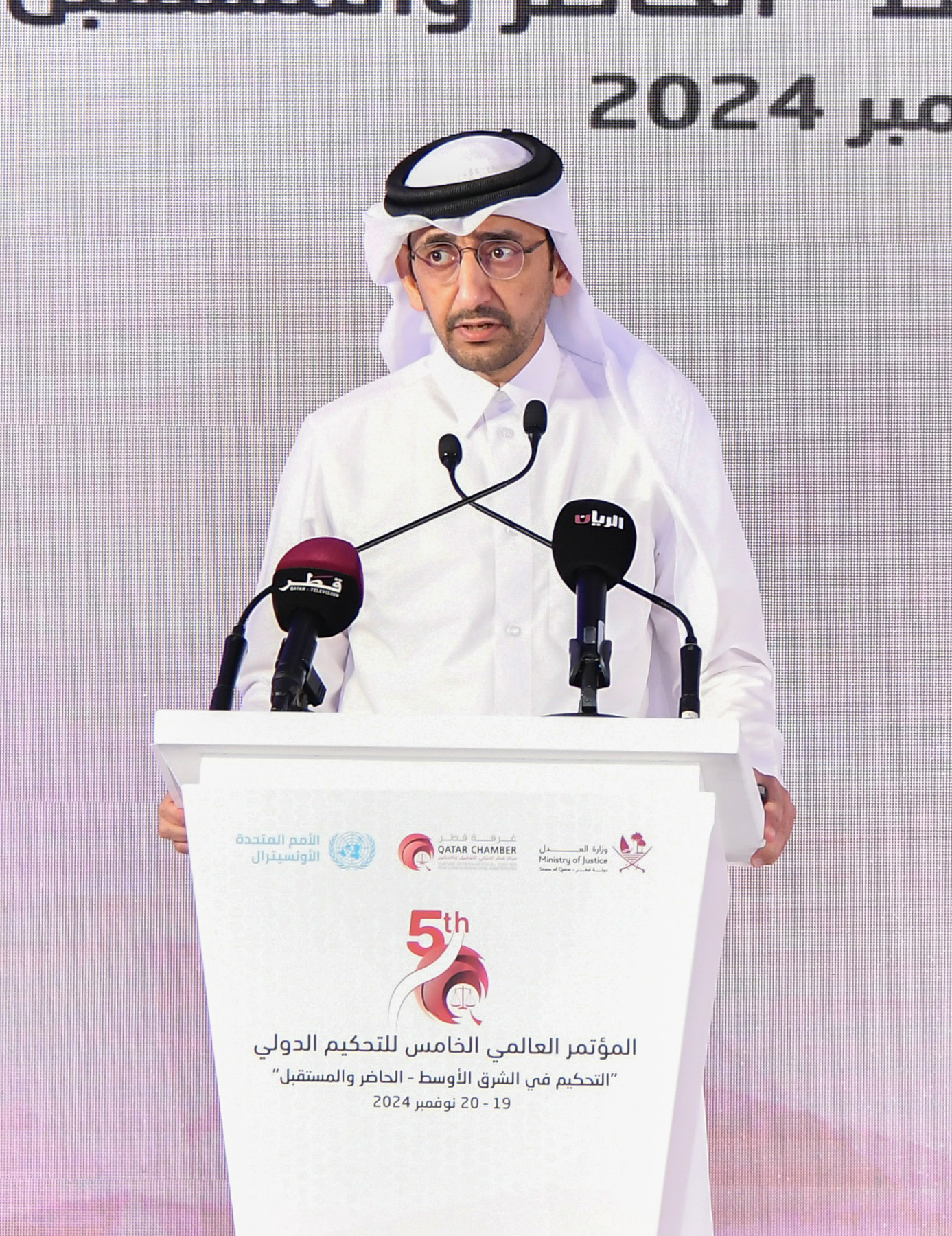As of July 2023, the QIA has an estimated $475 billion worth of assets under management.
Qatar Investment Authority has sold a €200 million Italian office asset to the Union Investment, according to reports.
The German real estate investor acquired the office building, Piazza San Fedele 1-3, through its Unilmmo Deutschland real estate fund. The seller was QIA’s Italian Property Fund managed by Coima.
While the financial details were not disclosed, IPE Real Asset learnt that the building was sold for slightly over €200 million.
Piazza San Fedele, a historic building constructed in 1872 that once housed the Teatro Manzoni theater, is currently undergoing renovation. It is situated in the Duomo area, close to Milan Cathedral and La Scala opera house. Once the redevelopment is completed in the fourth quarter of the year, the building will be leased to luxury brand Bottega Veneta.
Coima, in collaboration with Union Investment, plans to continue managing the property through a new investment vehicle designed to focus on prime sustainable assets in Italy. This deal is considered a significant move in the Milan office market this year, showcasing the demand for sustainable and well-located buildings.
“The sale of this historic office building following a sustainable refurbishment represents the most significant transaction in the Milan office market this year,” said Gabriele Bonfiglioli, Coima’s CIO.
“The deal confirms the continued strong demand from international tenants and investors for future-proofed sustainable buildings in central locations with strong amenity offerings.”
The QIA Italian Property Fund originally purchased Piazza San Fedele 1-3 in 2018 and currently holds a portfolio of six properties in Milan. With an internal rate of return exceeding 18%, this acquisition marks the culmination of Coima’s business plan for the asset.
It also marks Union Investment’s entry into the Italian office sector, initiating a partnership with Coima for further portfolio expansion.
Martin Schellein, Union Investment’s Head of Investment Management Europe, emphasised Milan’s standing as a prominent commercial centre and a global hub for fashion and design. He views Piazza San Fedele 1-3 as an ideal investment due to its prime location, strong sustainability standards, and long-term lease agreement with Bottega Veneta.
Qatar invests abroad
Established in 2005, QIA is now listed as the 10th largest global wealth fund as per the Sovereign Wealth Fund Institute. It has also been a significant player in Europe, with investments in a range of companies from Volkswagen to global mining corporation, Glencore.
As of July 2023, the QIA has an estimated $475 billion worth of assets under management.
Among its many investments in the European continent, in the United Kingdom, QIA possesses a substantial share in Heathrow Airport, amounting to a 20% ownership stake. A notable testament to their commitment, in 2017, the corporation further injected £650 million (equivalent to $807 million) into their investments.
Among the most notable investments in the UK include Harrods, the Shard building, Canary Wharf and a stake in the London Stock Exchange. Qatar Investment Authority also owns around 22% of Sainsbury and nearly 6% in Barclays bank.
France ranks as Qatar’s second most substantial investment hub in Europe, trailing behind only the UK. The investments in France have surpassed a staggering 25 billion euros (equivalent to $26.7 billion) as of recent publications in June.
The Gulf nation has 42 companies in France through direct holdings or firms mostly run by QIA.
Away from Europe, QIA has since 2014 acquired Manhattan properties valued at a total of $3.78 billion.
In June, Qatar’s national wealth fund announced it is making substantial investments in Asia and the United States, following in the footsteps of other Gulf countries seeking to make overseas financial forays, Bloomberg reported.
The move by QIA appeared to have been attributed to a surge of financial engagement spurred by fossil fuel profits.
“We have a concrete directive to prepare our organisation to manage more capital inflow in the upcoming years,” QIA’s CEO Mansoor Ebrahim Al Mahmoud told the New York-based organisation at the time.
Such a bold step signifies a strategic shift from QIA’s traditional investment terrain in Europe to new markets, in turn boosting Qatar’s global recognition.
The Gulf nation is already recognised as one of the global leaders in liquefied natural gas (LNG) production, as the ongoing Ukraine conflict has pushed western nations towards Qatar in a bid to substitute their Russian supplies.
However, QIA encountered a setback earlier this year with the failure of Credit Suisse, where it held a 6.8% stake, positioning itself as the second largest shareholder next to the Saudi National Bank.
Eyes on its own nation
Despite the hefty investments in Europe, Asia, and the US, QIA still has eyes on Qatar’s own economic growth.
Historically, its domestic function has primarily involved providing support during critical periods. One example is when it intervened in 2008 to rescue several of the country’s banking institutions.
More recently, the sovereign fund initiated a market-making programme worth one billion riyals ($274 million) to attract overseas investment and bolster the depth of Qatar’s capital markets.
Its very own CEO, Al Mahmoud, also said that it aims to support the local economy in areas where the private sector finds it challenging to intervene.
Their intention, he explained, is not to compete with the private sector, but to help it operate more efficiently.
“We perceive our role as that of a facilitator, addressing the deficits in the local economy where private entities struggle to operate,” he explained.







